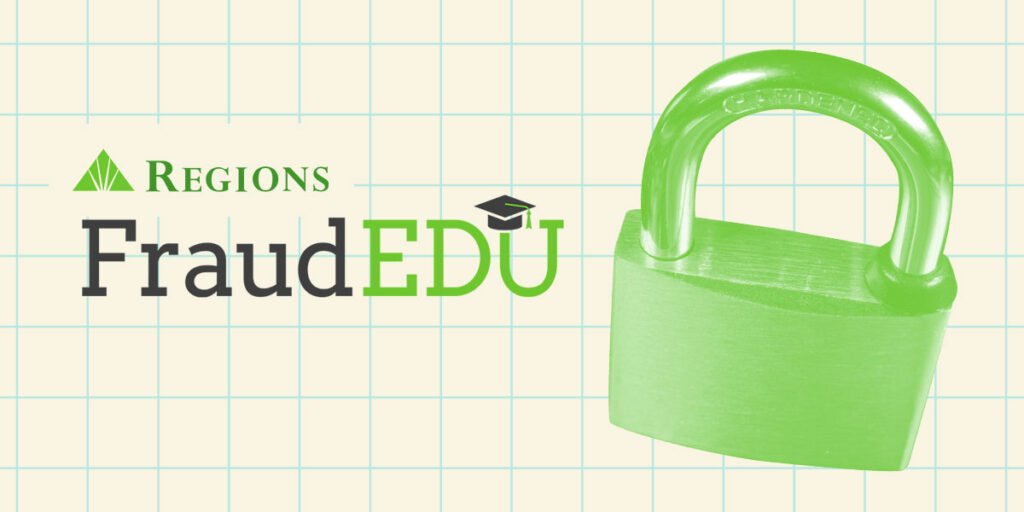
As technology continues to influence our lives, it’s becoming easier for fraudsters to target vulnerable groups, especially seniors.
Whether through fake calls from a supposed grandchild or personal data gathered via smart home devices, elder fraud is becoming increasingly sophisticated.
Staying informed is one of the best defenses to protect yourself and your family.
In 2023, individuals over 60 reported losses exceeding $3.4 billion due to fraud, according to the FBI, and these numbers keep climbing.
“Criminals are clever and know how to tug at emotions,” explains Jeff Taylor, a director of forensic fraud at a regional bank. “It’s crucial for people to be aware of these threats and take proactive steps to avoid falling victim.”
Five warning signs of fraud
Identifying early indicators of fraud can help you avoid significant emotional and financial damage. Here are five key signs to watch out for:
- Unexpected contact from strangers: Scammers can reach out via phone, email, text, or social media, posing as officials, tech support, or even family members. If you weren’t expecting it, proceed with caution. Don’t share personal information without confirming the source.
- Pressure to act swiftly: Scammers often create a false sense of urgency. If they suggest that your loved one is in trouble and pressure you for bank details, it’s a red flag. “Always take a moment to verify first,” Taylor advises.
- Unusual payment requests: Requests for payments via wire transfers, gift cards, or cryptocurrencies should raise alarms. These methods are hard to trace and nearly impossible to recover once sent.
- Requests for sensitive information: Reputable organizations will never ask for Social Security numbers or banking details via unsolicited communication. If you get such a request, just delete it.
- Offers that seem too good to be true: Promotions like unentered sweepstakes or guaranteed investments often come with a catch. If it appears too enticing, it likely is.
Taylor suggests discussing these things openly before making any decisions.
The hidden dangers of smart devices
While phishing emails and scam calls remain prevalent, scams targeting seniors are also infiltrating homes through smart technology. Devices like virtual assistants, smart TVs, and even internet-connected refrigerators collect data about daily habits and preferences.
This growing array of gadgets is commonly referred to as the Internet of Things (IoT). The FBI indicates that it’s vital for seniors to understand the security vulnerabilities these devices may present.
Here are some straightforward tips from the FBI for safeguarding yourself and your data:
- Change the default username and password. Many smart devices come with easily accessible credentials. Make sure to create a strong, unique password for each one.
- Keep software updated. Smart devices, like computers, require regular updates to fix potential security flaws.
- Secure your Wi-Fi network. Utilize strong encryption (WPA3 if available) and avoid reusing passwords across different accounts.
- Understand what data your device collects. Check settings, review privacy policies, and disable any unnecessary features. You may be surprised by what information is being captured or shared.
“Convenience often leads us to invite these technologies into our homes,” notes Taylor.
Stay vigilant and safe
Fraud can impact anyone, whether it occurs through a phone or smart device.
The good news? You don’t need to be a tech whiz to defend yourself. Just stay informed, ask questions, and recognize when it’s time to pause.
Discuss common scam tactics with older family members. Monitor financial transactions and ensure your smart devices are secured. And if something feels off, take a moment to think before you act.
If you suspect fraud, report it promptly to your local law enforcement or the FBI’s Internet Crime Complaint Center.







